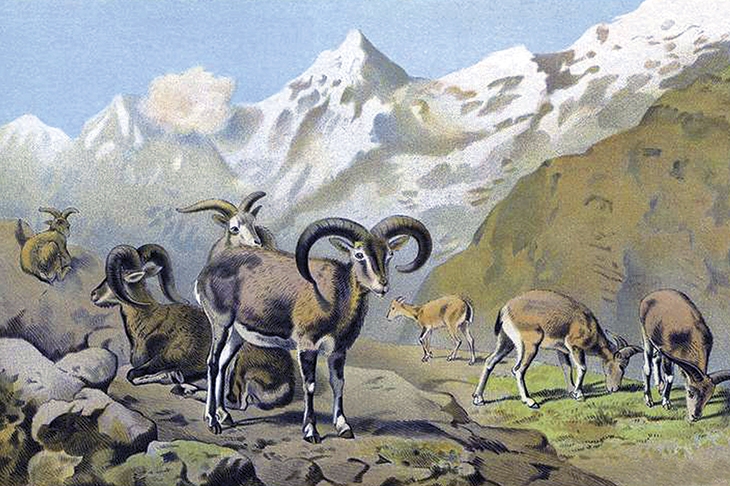The region of Dolpo in Nepal forms part of a border zone between that country and China in the central Himalayas. It is essentially a high-altitude desert encircled by towering snow-capped peaks and has long been celebrated in the West as a real-life version of Shangri-La.
Part of the image flows from the restricted access permitted to outsiders, and also from the lives of its inhabitants, who might belong politically to Nepal but culturally show allegiance to the former theocracy presided over by the Dalai Lama. Dolpo is one of the last places on Earth where a vestige of the traditional Buddhist society of Tibet still survives.
Another key part in its western renown, however, is surely the role it played in the most popular work of the 20th-century American novelist and adventurer Peter Matthiessen. Accompanying his friend, the zoologist George Schaller, Matthiessen was given rare permission to make a prolonged trek through Dolpo, ostensibly to study the habits of a wild sheep found there called the bharal. Yet it was also an opportunity for him to come to terms with the recent death of his wife from cancer.
A dog crossing a stream was ‘so cold that in no time her water-soaked coat whitened with ice’
Mingling Himalayan natural history and ethnography with an autobiographical sketch of his own Buddhist practice, Matthiessen’s account of this journey, The Snow Leopard, is widely hailed as one of the century’s great travel books. In a sense this new work about Dolpo by Paolo Cognetti reflects how travel literature and the places it describes can become inextricably fused for subsequent visitors.
Cognetti’s recent Himalayan expedition was both a pilgrimage to the wonderful otherness and formidable beauty of Dolpo’s landscapes, and also a literary journey in search of its older celebrated text. There was a further factor cementing the centrality of Matthiessen’s book in Cognetti’s world, because he was born in the year it was published (1978). Both have thus reached that crucial mid-point which leaves them ripe for retrospection: the 40th birthday.
Cognetti seems not to have the same broad hinterland of interests that supplied so much of the content in The Snow Leopard. Yet he still feels the need to make constant reference to Matthiessen’s observations, and regularly quotes him directly — all this in a remarkably short work. There was a danger that Cognetti’s project could be overwhelmed by Matthiessen’s voice and serve only as a kind of coda to the earlier book.
That the Italian mountaineer has managed to avoid these pitfalls and to say something fresh and completely engaging is down to a difference of tone — he is light, at times even whimsical, whereas Matthiessen was rather sombre — but especially to his spare, rhythmically precise prose style. He has a studied simplicity that is suggestive of a mountaineer’s ascetic temperament and the writing also feels perfectly adjusted to the daunting character of Dolpo.
Here he is on the region’s peculiarly sepia-toned, moisture-starved rockscape: ‘It looked like a valley where it had never rained and would never rain. We hadn’t seen a cloud or a tree or a flower for days.’ To evoke the blue-skied frosts of the area he observes how a dog crossing a stream was ‘so cold that in no time her water-soaked coat whitened with ice’. Of the river flow pattern in Dolpo, he adds that ‘the water up there stopped every night and started flowing again every morning’.
The prose is elliptical. It trails off into recurrent silences and while the account of the journey is often made through a sequence of gestures, there is an underlying conviction that this is an area deeply deserving of attention and now even more so, when the world is literally plagued with insecurity. Among Cognetti’s most resonant reflections is something that was equally apparent to Matthiessen half a lifetime ago:
Forty years for Shey had passed in the blink of an eye. No discoveries and inventions, no wars, revolutions, youth movements, no collapses of empires and ideologies, no music and literature; nothing that had happened in the course of my life had left a mark there.
By the end of this short but captivating travelogue one comes to hope that it will long remain so.






Comments